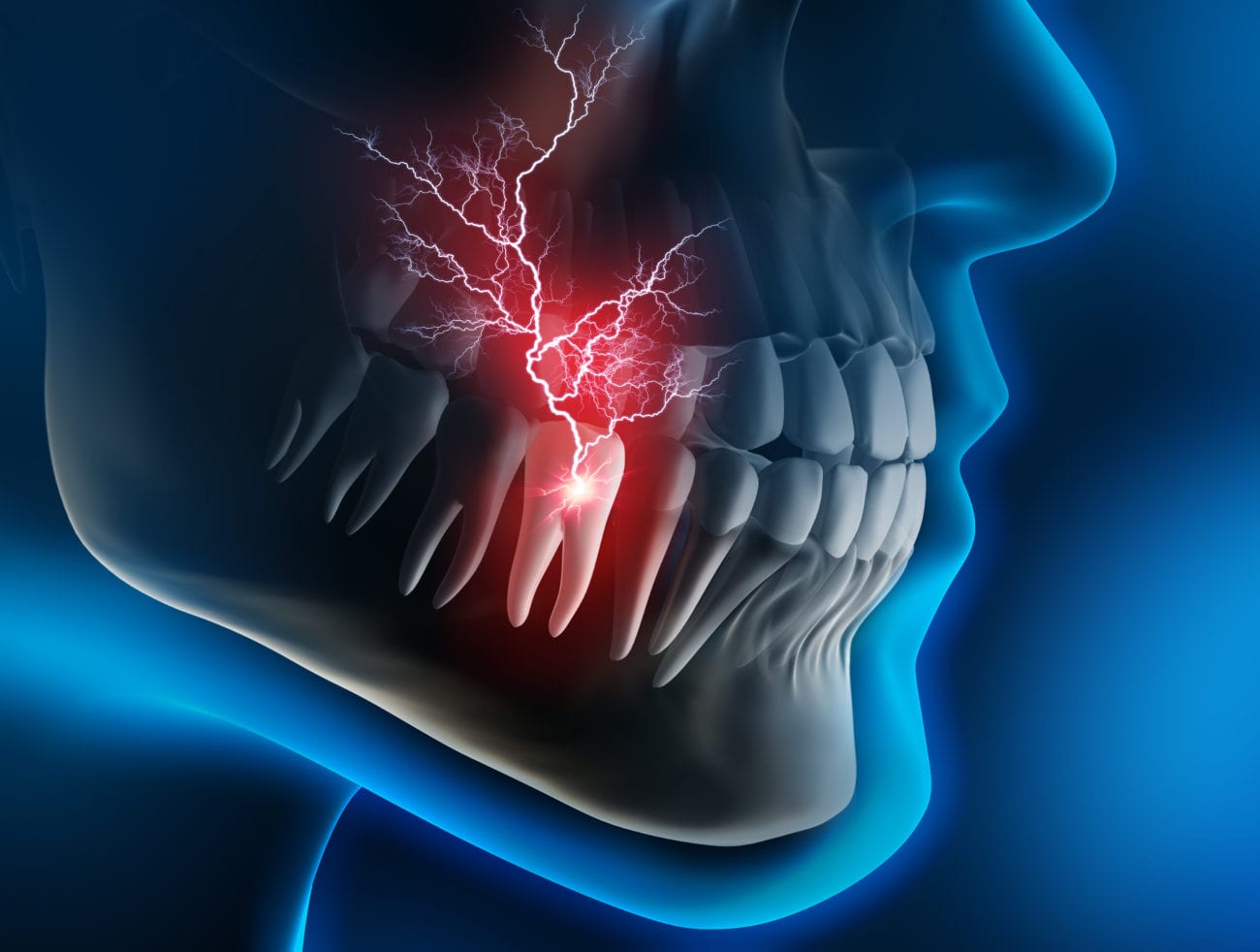When Does Tooth Pressure Stop? Get Solutions

Tooth pressure, often described as a sharp, stabbing pain or a dull ache, can be a nuisance that disrupts daily activities. Understanding when tooth pressure stops and finding effective solutions to alleviate it is crucial for regaining comfort and oral health. Tooth pressure can arise from various factors, including tooth decay, gum recession, tooth grinding (bruxism), and sinus pressure, among others. The cessation of tooth pressure largely depends on the underlying cause and the effectiveness of the applied treatment or remedy.
Identifying the Cause
Before diving into solutions, it’s essential to identify the cause of the tooth pressure. This could involve a dental check-up to rule out serious conditions like abscesses or to assess the extent of tooth decay. Sometimes, tooth pressure can be a symptom of a larger issue, such as a sinus infection, which would require a different approach to treatment.
Common Causes and Solutions
Tooth Decay and Cavities: If tooth pressure is due to tooth decay, the solution involves filling the cavity. In advanced cases, a root canal might be necessary. Regular dental check-ups can help catch cavities early, preventing them from becoming more severe.
Gum Recession: Gum recession exposes the roots of the teeth, leading to sensitivity and pressure. Treatments include deep cleaning, gum grafts in severe cases, and improving oral hygiene practices to prevent further recession.
Tooth Grinding (Bruxism): For individuals who grind their teeth, often due to stress or anxiety, using a mouthguard at night can protect the teeth from the grinding action. Stress management techniques and, in some cases, muscle relaxants may also be recommended.
Sinus Pressure: When sinus infections or allergies cause pressure in the upper teeth, treating the underlying condition usually resolves the tooth pressure. This might involve antihistamines, decongestants, or in some cases, antibiotics for bacterial infections.
Home Remedies and Self-Care
While awaiting professional dental advice or in conjunction with it, several home remedies can offer temporary relief from tooth pressure:
- Cold Compress: Applying a cold compress to the cheek near the aching tooth can help reduce pain and swelling.
- Pain Relief Medication: Over-the-counter pain relievers like ibuprofen or acetaminophen can help alleviate toothache pain. However, it’s crucial to follow the recommended dosage and consult a dentist for a proper diagnosis.
- Salt Water Rinse: Rinsing the mouth with warm salt water several times a day can reduce swelling and ease pain.
- Good Oral Hygiene: Maintaining good oral hygiene through regular brushing and flossing can prevent many causes of tooth pressure.
Prevention is Key
Preventing tooth pressure involves regular dental check-ups, a balanced diet that limits sugary and acidic foods, good oral hygiene practices, and addressing habits like teeth grinding promptly. Early intervention not only stops tooth pressure sooner but also prevents more severe dental issues from developing.
Conclusion
Tooth pressure can be a significant source of discomfort, but understanding its causes and seeking appropriate treatment can lead to prompt relief. By combining professional dental care with home remedies and good oral hygiene practices, individuals can not only alleviate tooth pressure but also maintain a healthy, pain-free smile.
How can I tell if my tooth pressure is a sign of a more serious issue?
+If your tooth pressure is severe, persistent, or accompanied by other symptoms like swelling, fever, or difficulty swallowing, it could indicate a more serious issue such as an abscess or infection that requires immediate dental attention.
Can tooth pressure be a sign of something not related to my teeth?
+Yes, tooth pressure can sometimes be related to non-dental issues, such as sinus infections or allergies, especially if the pressure is felt in the upper teeth. In such cases, treating the underlying condition can resolve the tooth pressure.
How often should I visit the dentist to prevent tooth pressure and other dental issues?
+Regular dental check-ups are crucial for preventing tooth pressure and other dental issues. Most adults should visit their dentist for a check-up and cleaning every six months. However, the frequency may vary based on individual oral health needs and risk factors for dental diseases.
By addressing tooth pressure promptly and maintaining good oral health practices, individuals can minimize discomfort and ensure their teeth and gums remain healthy for years to come. Regular dental visits play a crucial role in this process, offering both preventive care and solutions to any oral health issues that may arise.

